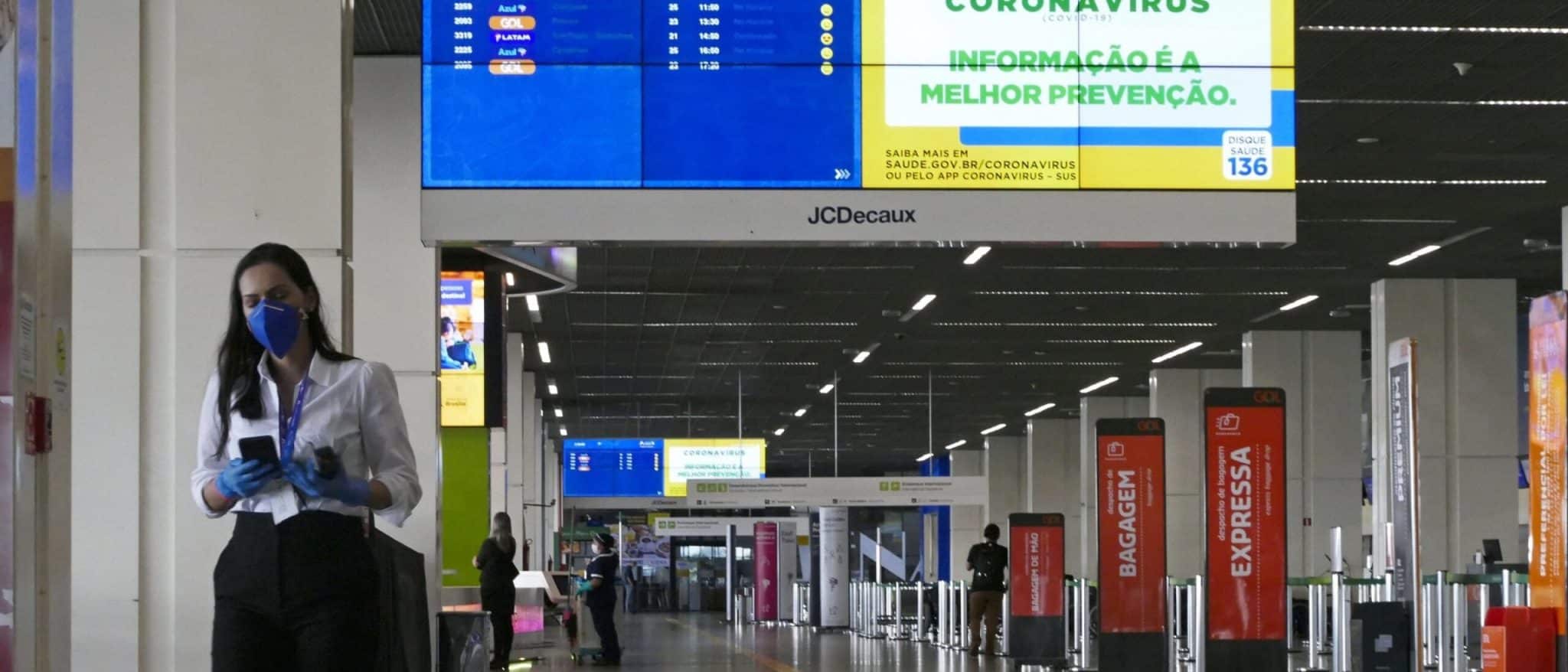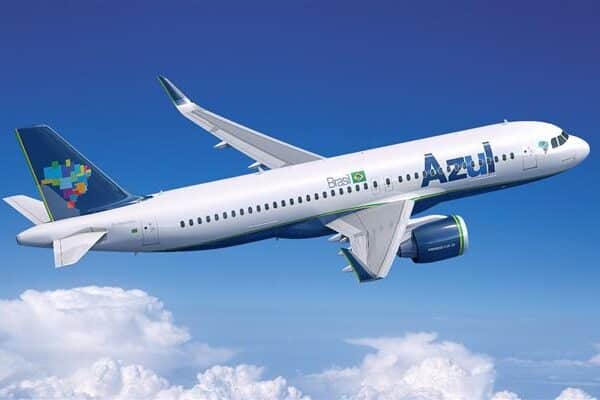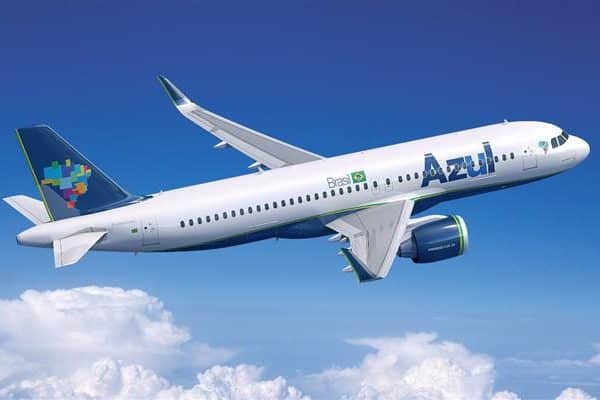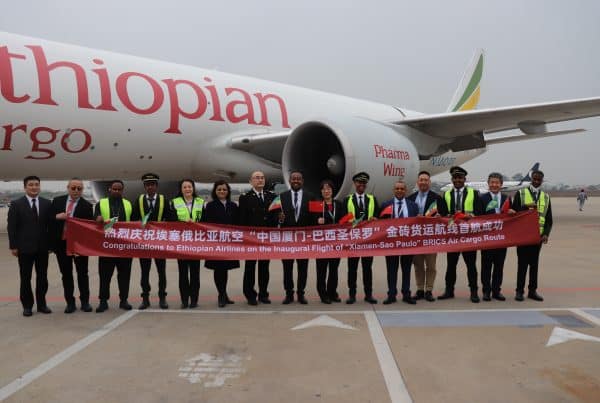Jet fuel will become more expensive by 17 percent, Brazilian oil and gas giant Petrobras announced Thursday. The recent move by an airline to increase prices for aviation kerosene has come as part of ongoing discussions between airlines and the government over how to calculate the price of aviation kerosene. The negotiations have been ongoing for some time, with both sides apparently still disagreeing over the best way to calculate the price.
Airlines use fuel prices to try to reduce the volatility of their fares. Changes are based on international prices and foreign exchange rates, in order to “balance out” with other markets.
The move could lead to higher airfares, as jet fuel prices have increased by 37.8 percent since February 2022. This increase has been particularly pronounced recently, as the average price of jet fuel purchased in Brazil was nearly 45 percent more expensive than in the United States last December.
The airline association reiterated that fuel costs account for a significant portion of airlines’ costs, and that exchange rate volatility is also a major concern. More than half of airlines’ costs are dollarized, and in 2022, airfare inflation in Brazil was approaching 24 percent – far above the overall inflation rate of 5.79 percent.
In the early weeks of the new government, Abear representatives met with cabinet ministers and the president of the Brazilian tourism board, Embratur, to present the airline sector’s demands to Petrobras’ new CEO. The meeting focused on the need for the government to provide support for the airline industry, including reducing taxes and increasing investment in infrastructure.
Mr. Prates has said that he plans to review the company’s pricing policy, which is being attacked by market critics.
Petrobras announced that it will lower the price of natural gas to distributors by 11 percent on average. This policy is in response to the company’s pricing strategy which has been criticized as being too expensive. The reduction applies to gas transported and distributed through pipelines, rather than cooking gas canisters – which use natural gas as a reference value, but are not determined solely by the company’s selling price.




